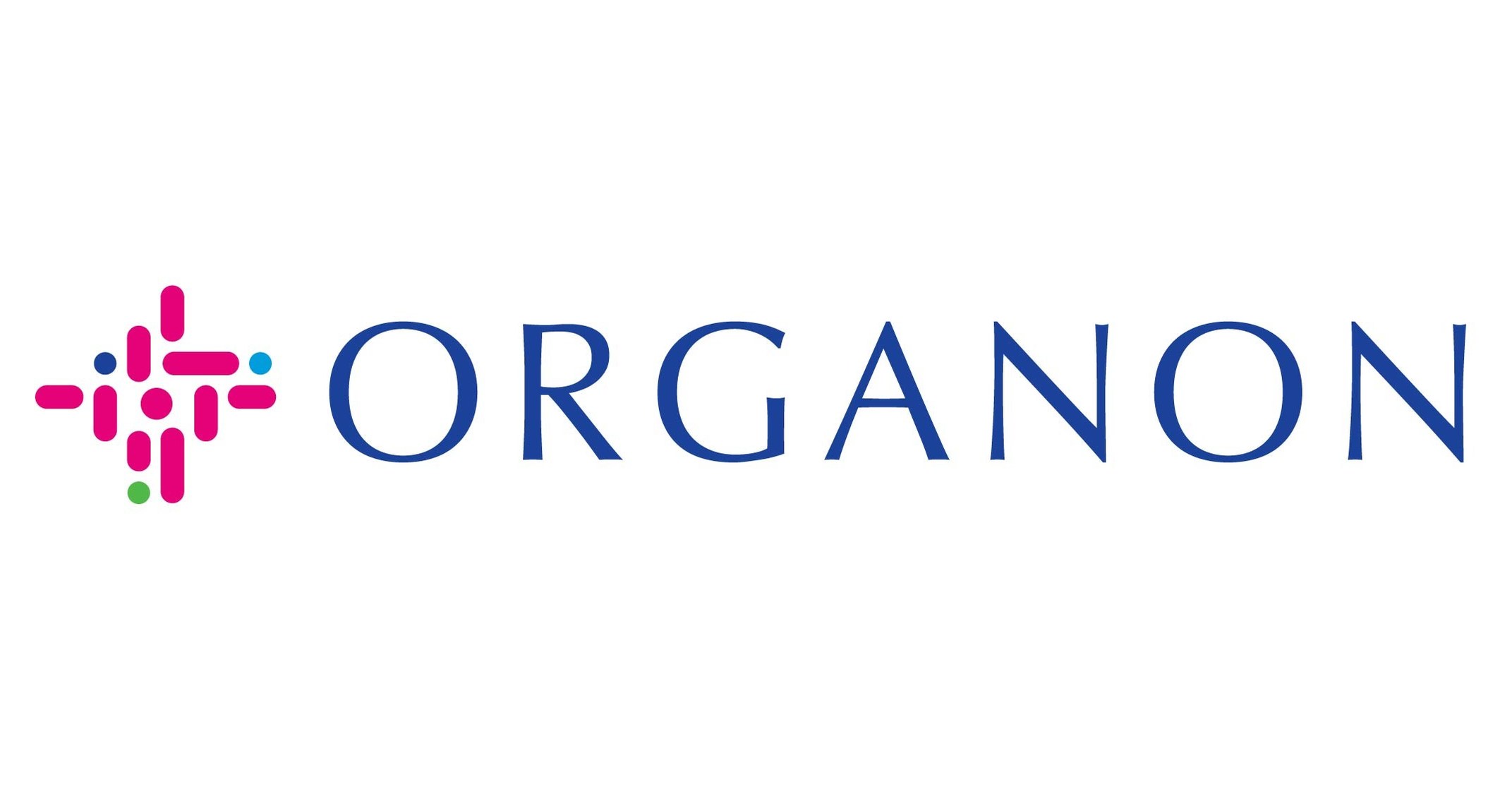Organon declares paid time off for all employees on International Women’s Day; 101 employees in South Africa to focus on their own health in recognition of growing women’s health inequity
As the COVID-19 pandemic continues to have a disproportionate impact on women, Organon issues a call to action for other leaders to create opportunities to focus on women’s health in sub-Saharan Africa
Global women’s health company Organon is designating International Women’s Day (IWD) on 8 March as a day to recognise the growing health disparities women face that have been exacerbated by the COVID-19 pandemic.
Since its inception, IWD has focused on accelerating gender parity. Organon recognises the need for a global effort to address her health and is starting with its own employees, including the 101 in Organon South Africa, by providing paid time off this year for all employees to attend to their own health needs.
The company invites organisations in South Africa, sub-Saharan Africa and across the globe to join in raising awareness of the inequity in women’s health and to adopt initiatives that help women prioritise their health.
Women have worked hard to advance in the workplace, but the pandemic is unravelling these hard-fought gains. Women are now significantly more burned out than ever, even more than men — which can take a huge toll on their physical and mental health.
A study published in December 2021 examined how the pandemic affected the South African economy and women in particular. In line with other studies, the researchers found that women have been more affected than men because the pandemic caused more negative effects to sectors that rely on female labour, which led to women earning less than their male counterparts. As a result, this pandemic has increased vulnerability and poverty for female-headed households more than for male-headed households.
In addition, child healthcare services, maternal care for pregnant women, services relating to chronic illnesses, and sexual and reproductive health care, including family planning and HIV prevention services, were negatively affected by the pandemic. In South Africa and Mozambique, less than 20% per cent of women accessed family planning and other reproductive health services during the pandemic, with some staying away out of fear of contracting the virus.
“Organon launched with a commitment to listen to the needs of women and as part of our research, we learned that women are finding it harder than ever to make the time to care for even their most basic health needs,” said Kevin Ali, chief executive officer, Organon. “As a company investing in innovation to improve women’s health, I felt a responsibility to help address this within our own global community of almost 9,500 employees. This year, the symbolic action we are taking is to encourage all our people to spend this day off to make a commitment to their own health or the health of the women in their lives, whether that’s going to the doctor, taking stock of their own wellbeing or reflecting on how to make a change.”
Organon South Africa and Sub-Saharan Africa Managing Director, Dr Abofele Khoele, said that addressing the specific needs of women’s health is fundamental to reducing poverty, inequality, and advancing the rights of women and girls. “Women across Africa face severe obstacles to good health,including sexual and gender-based violence, maternal health risks and childbirth, neglected tropical diseases, communicable diseases like HIV, tuberculosis, and malaria, and non-communicable diseases like heart disease, cancer, and diabetes. That is why we wholeheartedly support this important health initiative.”
Organon believes healthy women are the backbone of a thriving, stable and resilient society and when she is healthy, she prospers and so does her community and her society, for generations to come. Yet, a recent study found that 44% of older women said they waited until a health symptom became urgent before scheduling an appointment – and that number jumps to 62% for women aged 20-34. This is what Organon is hoping to change and asks others to join in the effort to improve women’s health.
Organon maintains that by improving the understanding of women’s health needs, sub-Saharan Africa can move one step closer to closing the inequity gap. Organon urges all organizations to join in this mission and be part of the solution.
























Leave a Reply